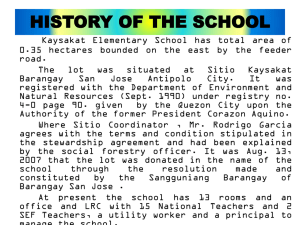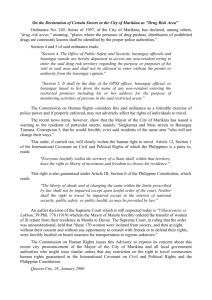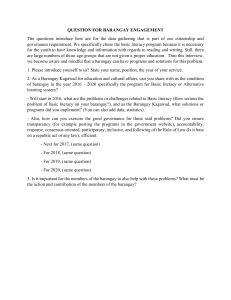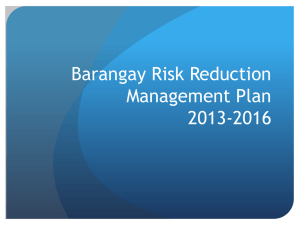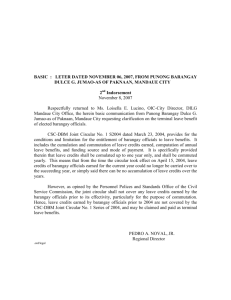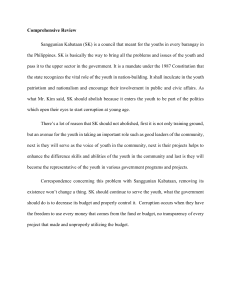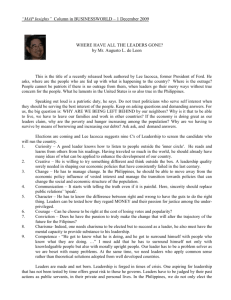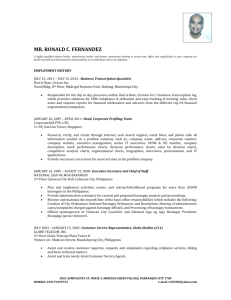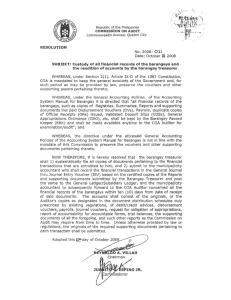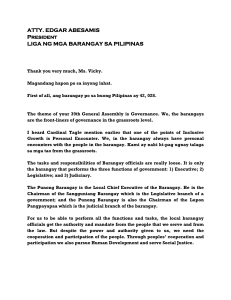Bgy POWE does not Need Mayors Approval (Danao bohol)
advertisement
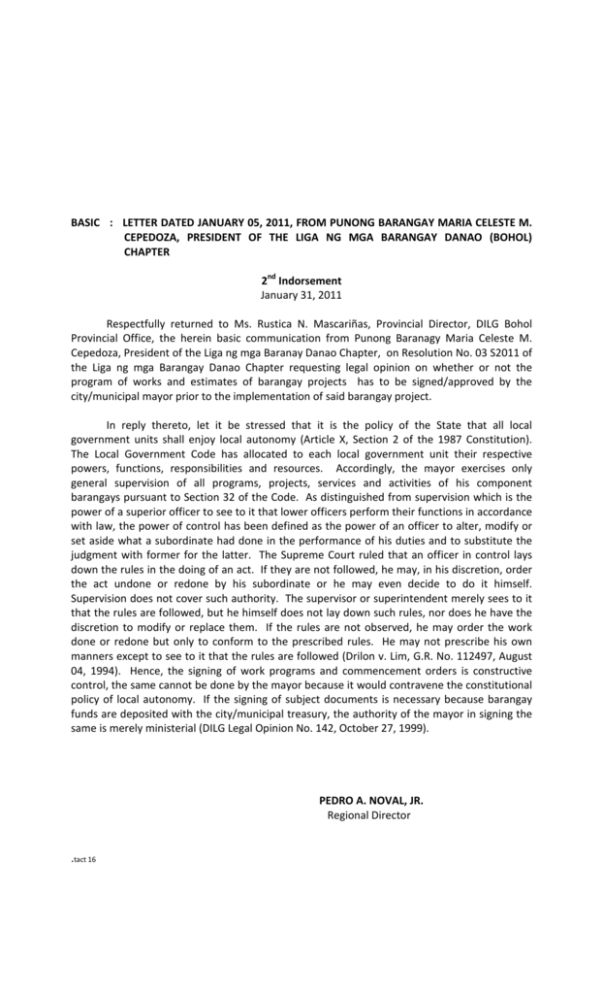
BASIC : LETTER DATED JANUARY 05, 2011, FROM PUNONG BARANGAY MARIA CELESTE M. CEPEDOZA, PRESIDENT OF THE LIGA NG MGA BARANGAY DANAO (BOHOL) CHAPTER 2nd Indorsement January 31, 2011 Respectfully returned to Ms. Rustica N. Mascariñas, Provincial Director, DILG Bohol Provincial Office, the herein basic communication from Punong Baranagy Maria Celeste M. Cepedoza, President of the Liga ng mga Baranay Danao Chapter, on Resolution No. 03 S2011 of the Liga ng mga Barangay Danao Chapter requesting legal opinion on whether or not the program of works and estimates of barangay projects has to be signed/approved by the city/municipal mayor prior to the implementation of said barangay project. In reply thereto, let it be stressed that it is the policy of the State that all local government units shall enjoy local autonomy (Article X, Section 2 of the 1987 Constitution). The Local Government Code has allocated to each local government unit their respective powers, functions, responsibilities and resources. Accordingly, the mayor exercises only general supervision of all programs, projects, services and activities of his component barangays pursuant to Section 32 of the Code. As distinguished from supervision which is the power of a superior officer to see to it that lower officers perform their functions in accordance with law, the power of control has been defined as the power of an officer to alter, modify or set aside what a subordinate had done in the performance of his duties and to substitute the judgment with former for the latter. The Supreme Court ruled that an officer in control lays down the rules in the doing of an act. If they are not followed, he may, in his discretion, order the act undone or redone by his subordinate or he may even decide to do it himself. Supervision does not cover such authority. The supervisor or superintendent merely sees to it that the rules are followed, but he himself does not lay down such rules, nor does he have the discretion to modify or replace them. If the rules are not observed, he may order the work done or redone but only to conform to the prescribed rules. He may not prescribe his own manners except to see to it that the rules are followed (Drilon v. Lim, G.R. No. 112497, August 04, 1994). Hence, the signing of work programs and commencement orders is constructive control, the same cannot be done by the mayor because it would contravene the constitutional policy of local autonomy. If the signing of subject documents is necessary because barangay funds are deposited with the city/municipal treasury, the authority of the mayor in signing the same is merely ministerial (DILG Legal Opinion No. 142, October 27, 1999). PEDRO A. NOVAL, JR. Regional Director .tact 16

